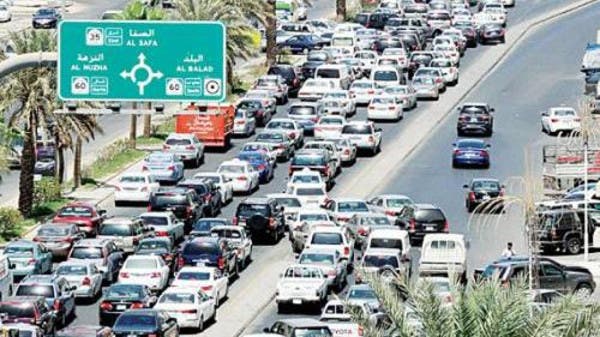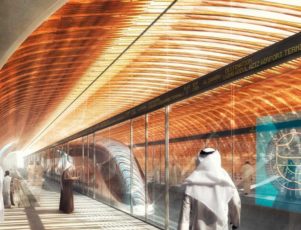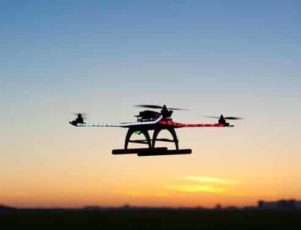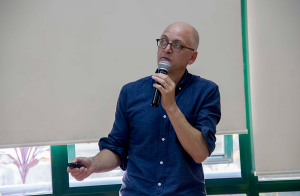Saudi officials hope the network, to begin operation in 2020, will ease congestion in the nation’s second largest city.
An extensive rail network, a critical piece of a plan to reduce severe traffic congestion in Saudi Arabia’s commercial capital, is expected to begin operation in 2020.
The $12 billion Jeddah network will have four lines – a Blue Line with 19 stations, including the airport, a Green Line with 12 stations, a Red Line with 24 stations, and an Orange Line with 30 stations.
In all, the network will comprise about 150 kilometers of track and will include construction of a road-rail suspension bridge over Obhur Creek. The network will connect to the Haramain high-speed rail station for travel outside the city.
Jeddah, a port city on the Red Sea, is Saudi Arabia’s second largest city after the capital, Riyadh. Jeddah also is a gateway to the holy sites of Mecca and Medina.
Traffic congestion plagues city
The train network is the central element of a larger plan by Saudi officials to ease major automobile traffic congestion in the city of 3.4 million people by 2030.
Traffic in the city has been described as “nightmarish,” and commuters are plagued with poor road design, lack of traffic officers, and drivers who do not follow traffic rules.
One goal for the Jeddah transportation plan is to increase from 12 percent to 50 percent the city population living within a 10-minute walk of public transportation.
Osama Abdouh, executive director of the government-backed Jeddah Metro Company, which is managing the project, said the project will “provide the best and most suitable types and choices for public transportation” for Jeddah residents and visitors.
At the same time, it will reduce traffic congestion and pollution in the city, Abdouh said.

Traffic in Jeddah
Bus network, tram and ferries also planned
The Jeddah Public Transit Program also envisions a bus network, cycle networks and marine ferries along with a tramway on the Corniche coastal resort area.
The Saudi Council of Ministers approved the $12 billion transportation plan for Jeddah in 2013. Abdouh said the exact cost is to be determined as plans firm up.
Several contractors are already at work developing plans and designs.
The British architecture firm Foster + Partners was awarded a contract to develop the architecture for the master plan. Aeocom Tecnology Corp., based in the United States, is providing support for the planning and design phase, while a French company, Systra, is providing the engineering designs.
Bids to be sought
Later this year, the Jeddah Metro Company will seek bids a variety of contractors to supply trains and equipment, communications, passenger information, fare collection and train control systems, automatic train supervision, an operations center and depot buildings as well as mechanical, electrical, ventilation, cooling and plumbing systems.
Abdouh said the project expects to ask for bids for many aspects of the project in the second quarter of 2016, once the designs are completed.
The project is also in the process of acquiring approximately 150 pieces of property needed to develop the network in Jeddah.
The Saudi capital, Riyadh, is also getting a rail system. A six-line network with 178 kilometers of track and 85 stations is expected to be completed in 2018.
The projects are going ahead despite economic struggles in Saudi Arabia. Tumbling global oil prices have forced the Saudi government to dip into reserves.
The 2016 budget cuts government spending by nearly 14 percent from 2015 levels, but the country is still expected to have a budget shortfall of 13 percent of gross domestic product this year.
Meanwhile, development of railways is surging in the Middle East and Northern Africa. One 2014 estimate said rail and metro that were under way or planned in the Middle East totaled more than $200 billion and would cover more than 36,000 kilometers.



